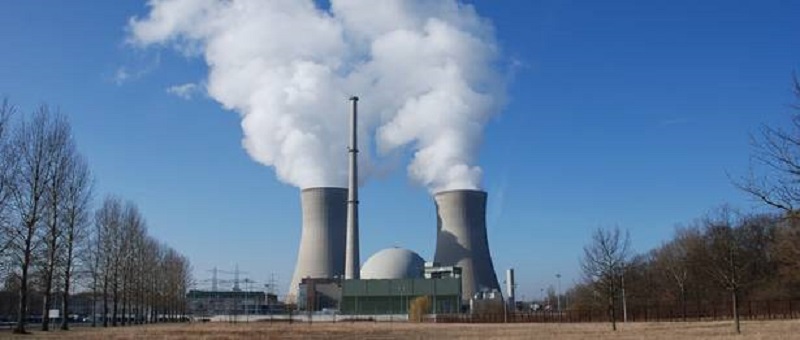Introduction
India has secured the 67th position in the World Economic Forum’s (WEF) energy transition index, making it the only major economy to witness an acceleration across all dimensions. The report, developed in collaboration with Accenture, highlights India’s significant improvements in achieving a secure and sustainable energy transition, reducing energy and carbon intensity, increasing renewable energy deployment and attaining universal access to electricity.
Accelerated Energy Transition Across All Dimensions
India’s energy transition has garnered international recognition for its accelerated progress across all dimensions. The report emphasizes India’s commitment to building a secure and sustainable energy future despite continued economic growth. One of India’s notable achievements is the achievement of universal access to electricity. By replacing solid fuels with cleaner cooking options, India has improved the quality of life for its citizens while reducing the environmental impact of energy consumption.
Reduction in Energy Intensity and Carbon Intensity
India’s energy transition journey highlights significant strides in reducing energy intensity and carbon intensity. Through the implementation of energy-efficient measures and the adoption of cleaner technologies, India has successfully decoupled its economic growth from energy consumption and reduced its carbon footprint.
Sweden topped the Index
Sweden has claimed the leading position, with Denmark, Norway, Finland, and Switzerland following closely behind. The World Economic Forum has highlighted that the worldwide shift towards sustainable energy has reached a standstill due to the ongoing global energy crisis and unpredictable geopolitical circumstances. Nevertheless, India stands out among the countries that have made noteworthy advancements in this area.
Achievements in Energy Sector
India has managed to achieve significant milestones in its energy sector despite its ongoing economic growth. The country has successfully reduced the energy intensity of its economy, meaning it has become more efficient in utilizing energy resources. Additionally, India has made notable progress in decreasing the carbon intensity of its energy mix, indicating a shift towards cleaner and more sustainable sources of energy. Furthermore, India has achieved universal access to energy, ensuring that all its citizens have access to reliable energy sources. In addition, the country has effectively addressed the issue of electricity affordability, making it accessible to a larger population.
Important takeaways for competitive examinations
- President of World Economic Forum is Børge Brende
- Headquarters of World Economic Forum is in Cologny, Switzerland
- Stockholm is the capital of Sweden
Find More Ranks and Reports Here




 Govt Launches Mobile Labs to Check Natio...
Govt Launches Mobile Labs to Check Natio...
 Tech at the Temple: E-Nose and E-Tongue ...
Tech at the Temple: E-Nose and E-Tongue ...
 Which Country is the Largest Producer of...
Which Country is the Largest Producer of...








